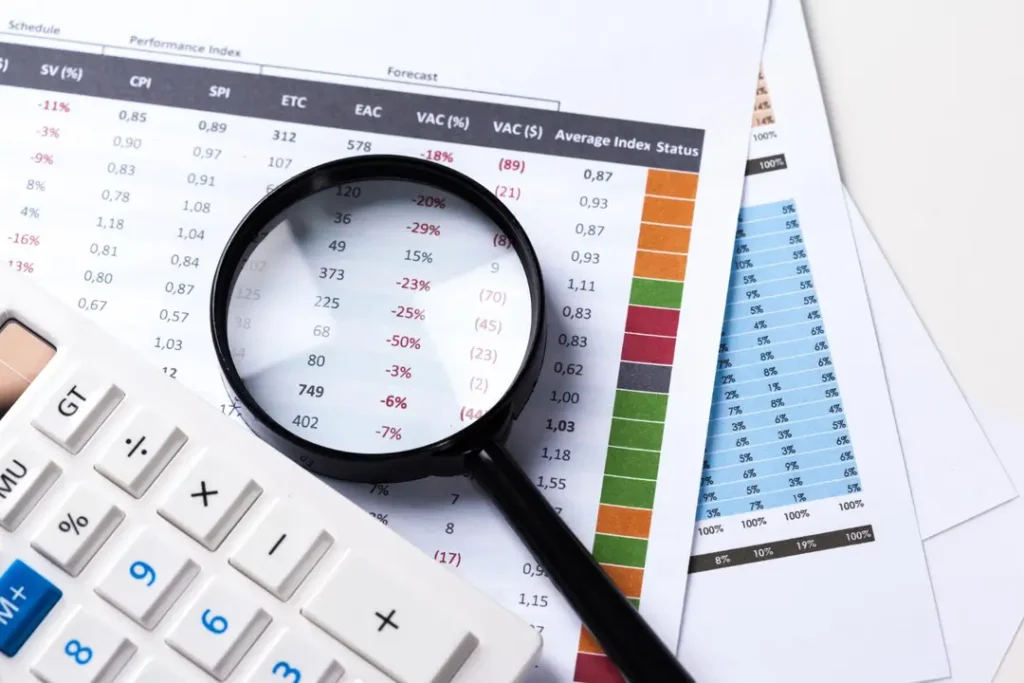Why Investor Confidence Depends on Audit Strength
In today’s fast-changing business environment, investors are paying closer attention to transparency, governance, and compliance standards. With corporate tax now in place alongside VAT, companies can no longer treat financial oversight as optional.
One of the most powerful tools a business can use to build trust and credibility is internal audit. Far from being just a compliance exercise, internal audit provides assurance to investors that a company is financially sound, risk-aware, and managed with integrity. For businesses seeking to attract investment, this function can be the difference between standing out or being overlooked.
What Is Internal Audit?
Internal audit is an independent, objective function that evaluates how well a company manages its governance, risk, and internal controls. Unlike external audits which primarily validate financial statements internal audits take a broader perspective. They review operational efficiency, compliance with regulations, IT systems, and risk frameworks.
For businesses in competitive markets, strong internal audit practices demonstrate accountability not only to regulators but also to investors who value transparency and stability.
Why Internal Audit Builds Investor Trust
1. Transparency and Accountability
Investors want assurance that financial reporting is accurate and trustworthy. Internal audit validates that records are reliable, aligned with international standards, and compliant with tax and reporting requirements. This transparency reassures investors that they can rely on the numbers presented.
2. Compliance with Tax and Regulatory Frameworks
With new corporate tax regimes and ongoing VAT obligations, businesses face stricter oversight. Internal audit ensures readiness for regulatory reviews and tax audits, minimizing the risk of penalties, reputational damage, and investor concerns about compliance gaps.

3. Risk Management and Resilience
Investors are cautious about businesses that lack proper risk controls. Internal audit identifies vulnerabilities whether in cybersecurity, financial systems, or operational processes before they become major issues. By showing proactive risk management, companies signal resilience and long-term stability.
4. Driving Operational Efficiency
Audits do more than confirm compliance they uncover inefficiencies and recommend process improvements. This proactive approach demonstrates that a business is growth-oriented, disciplined, and capable of scaling effectively.
5. Strong Governance and Ethics
Governance is at the heart of investor decision-making. Internal audit strengthens corporate governance frameworks by ensuring that management practices are ethical, transparent, and aligned with regulatory expectations. For global investors, strong governance is a green flag for investment readiness.
Conclusion: Internal Audit as a Strategic Advantage
Internal audit is more than a safeguard it’s a strategic enabler of investor trust. By ensuring compliance, identifying risks, and enhancing governance, internal audit creates the transparency investors value most.
At AYBE, we help businesses strengthen governance, improve financial practices, and build the credibility needed to attract investors.
📌 Book your Free Consultation today and make your business investor-ready.









